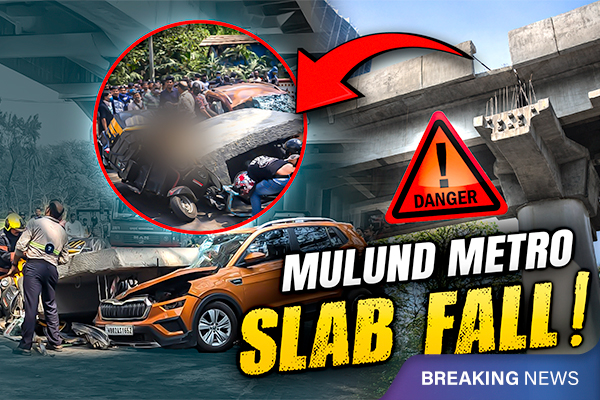Deaf Man Builds Roads In Kargil
A Deaf Man named Ullah Khan Balti, has helped to construct roads in the extremely severe Ladakh weather.
There are many in the mountains in the world through which it is very difficult to travel. This because they may be at height, the weather is very extreme, the mountains are rocky, too much snow, etc. This makes it very difficult to cross mountains for travel, trade and even during war time. In order to travel through the mountain, a road is created. This is called a “Pass”. The pass helps people travel through mountains. This is not an easy task. The Army’s Border Roads Organisation (BRO) is responsible for building routes in high altitudes, dangerous and difficult areas along the Line of Control and the International border. They do this to help civilians and the army to travel easy on the mountains. The Zoji La Mountain between Jammu and Kashmir and Ladakh. The pass on this mountain is one of the toughest Pass in Ladakh.
Ullah Khan Balti is a 40-year-old Deaf Man from [Box 06 Ladakh. For his nothing is difficult.
At 11,500 feet he sits on his bulldozer with anti-UV shades, balaclava and protective helmet to push the mountain rocks off the road for the next widening of the pass. His hard work will help the Military reach [Box 07 Kargil. This is a very important location as this is where the Kargil battle was held. He has been clearing the road for BRO for the last 24 years.Ullah only takes instructions in signs. Recently he got stuck in a snow avalanche with his team. It threw him three feet under the snow. His experience to find roads, curves, ascents and descents helped him and his team come out safely.
The Zojila Pass is usually shut during December and May due to heavy snowfall. Now it has two new roads thanks to Ullah. On June 28, this year, the two-way movement for the public was started. [Box 08 Captain Shubham Sood of the BRO said that Ullah is the guy who initially finds alignment of the road and judges if the roads are good or not. He leads the team on his bulldozer in snow clearing operations. On an average, the BRO lays 10,000 blocks of concrete every day since 2016.







